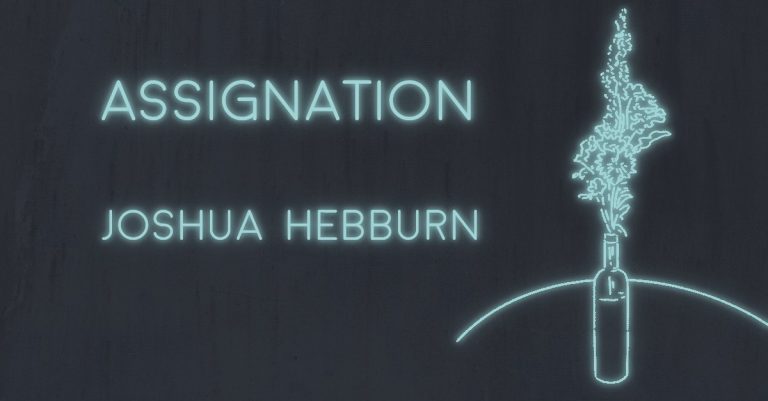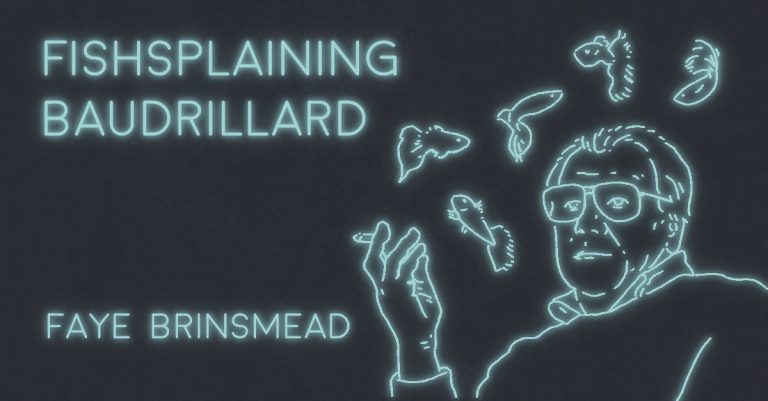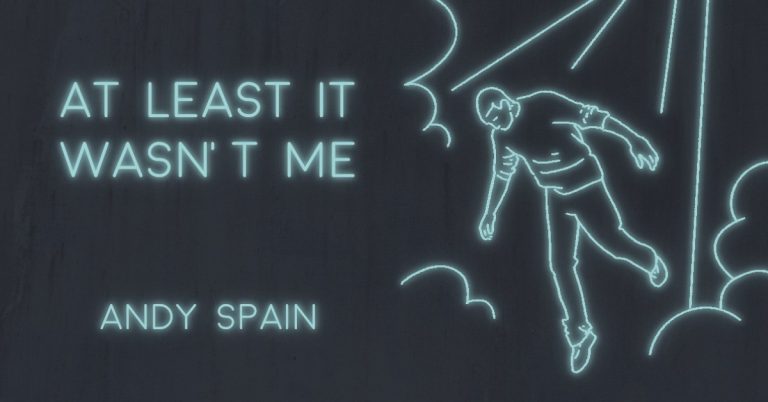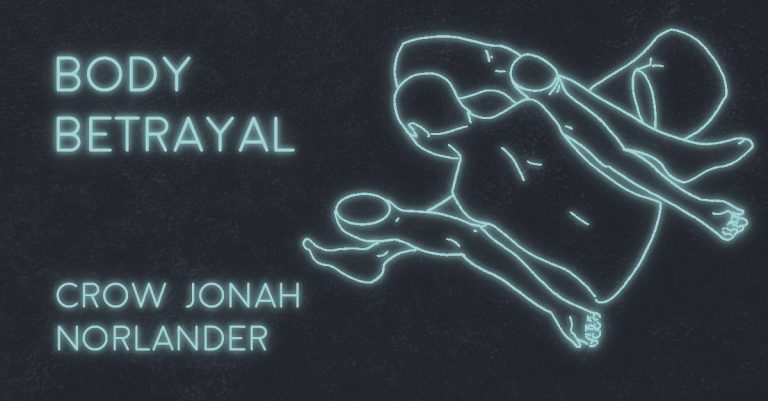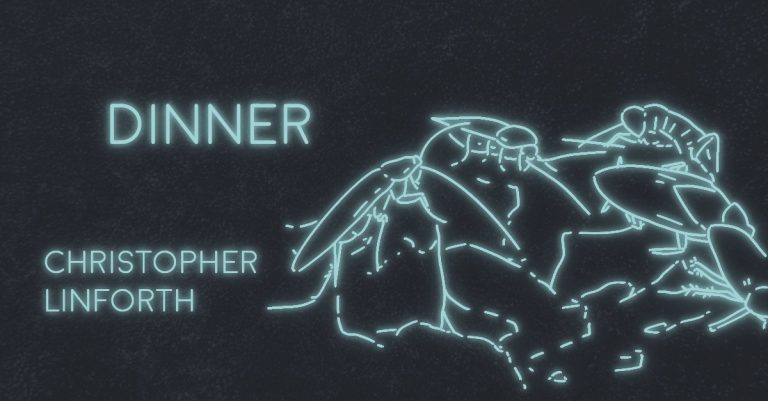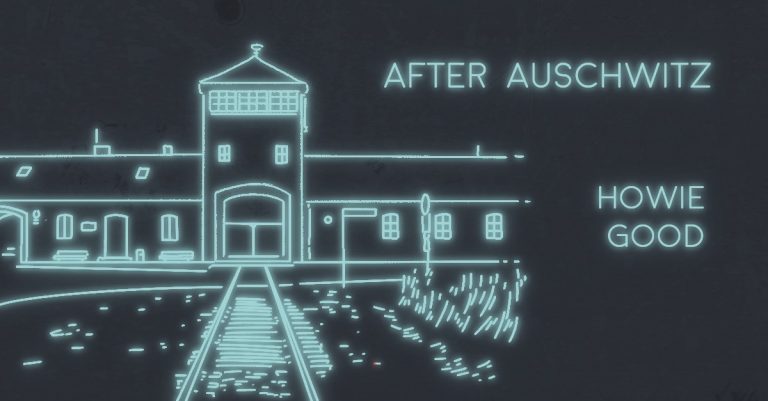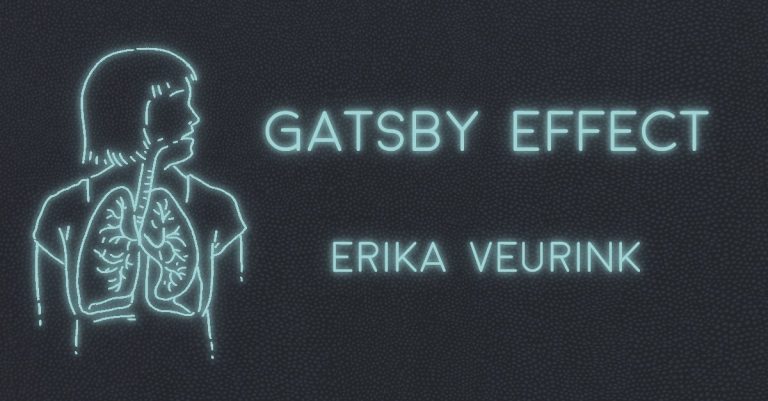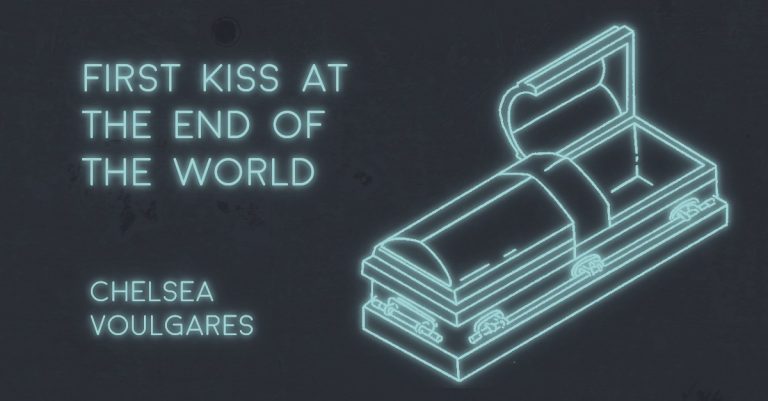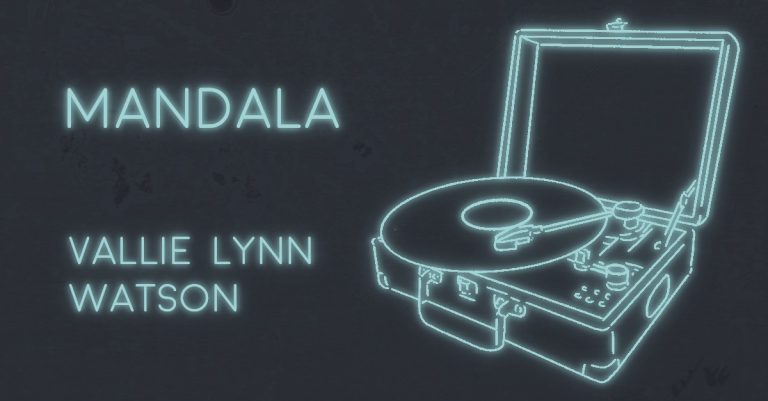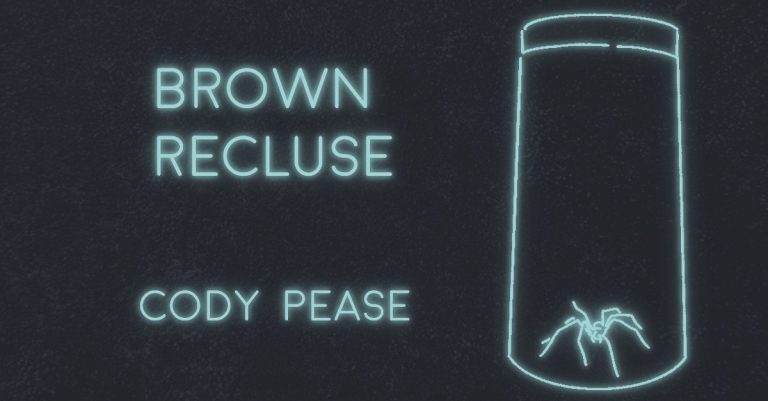
BROWN RECLUSE by Cody Pease
Their arrival to the reception is further delayed when he sees a spider on the tongue of his boot. Both men refuse to wear the boot now. The taller man traps the spider beneath a glass, as his partner tries to decipher what kind of spider it is. A brown recluse. The two men debate on how to dispose of it. The taller man offers to throw the glass far from the house. To let it sit in the snow and melt when spring comes. The shorter man is too kind and stubborn; he does not want the spider to

